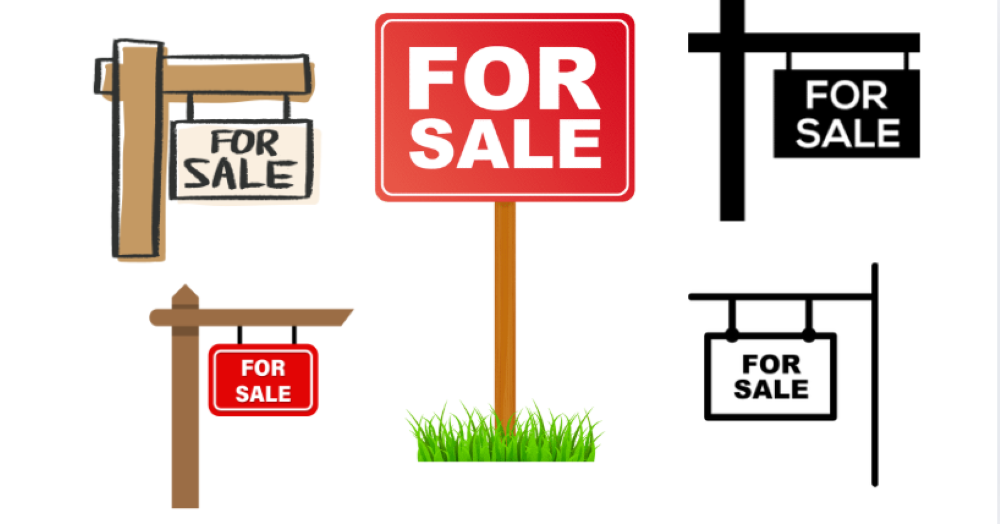
Understanding the Costs of Multi-Agency Property Advertising for Your Local Estate Agents
Navigating the complexities of property advertising can be challenging for estate agents. This post explores the financial implications and strategic considerations of adopting a multi-agency approach in the competitive Gravesend Property Market.
For many estate agents, the decision to advertise a property on a multi-agency basis is a strategic one, often driven by a desire to achieve a quicker sale or to maximise exposure for a challenging property. While this approach can offer significant benefits, it's crucial to understand the associated costs and how they differ from a sole agency agreement.
What is the meaning of Multi-Agency Advertising?
Multi-agency advertising means that a property is listed with more than one estate agent simultaneously. Each agent will market the property independently, competing to find a buyer. This contrasts with a sole agency agreement, where only one estate agent has the exclusive right to sell the property for a defined period.
The Primary Cost: Higher Commission Rates
The most significant financial implication of multi-agency advertising is the commission rate. Typically, multi-agency fees are higher than sole agency fees. While sole agency commission might range from 1% to 2% (plus VAT) of the final sale price, multi-agency rates can often be between 2.5% and 3.5% (plus VAT), or even higher in some instances. This increased percentage reflects the heightened competition among agents and the understanding that only one will ultimately earn the commission.
It's important to note that the commission is usually only paid to the estate agent who successfully introduces the buyer and completes the sale. Therefore, while multiple agents are working on the property, only one will receive payment, but at a higher rate.
Other Potential Costs and Considerations
Beyond the headline commission rate, there are other factors and potential costs to consider:
- Marketing Overheads: While the primary commission is success-based, some estate agents might charge upfront fees for enhanced marketing packages, professional photography, or premium listings on property portals, regardless of the agency agreement type. However, in a multi-agency scenario, you might find yourself paying these to multiple agents if not carefully negotiated, though this is less common for standard advertising.
- Duplication of Effort: From an estate agent's perspective, multi-agency can sometimes lead to duplicated efforts in marketing and viewings, which can be inefficient. For the vendor, it might mean coordinating with multiple agents for access, which can be cumbersome.
- Perception in the Market: Occasionally, a property being advertised by multiple estate agents can give the impression that it's difficult to sell, or that the vendor is desperate. This isn't always the case, but it's a perception to be aware of.
- Negotiation Leverage: When engaging multiple estate agents, vendors might have less leverage to negotiate lower commission rates, as agents know they are competing and will only be paid if they secure the sale.
When is Multi-Agency a Viable Option?
Despite the higher costs, multi-agency can be a sensible choice in certain situations:
- Time-Sensitive Sales: If a vendor needs to sell quickly, multi-agency can generate more immediate interest and a broader reach.
- Unique or High-Value Properties: For properties that appeal to a niche market or are particularly high-value, having multiple agents with different client bases can be beneficial.
- Lack of Success with Sole Agency: If a property has been on the market with a sole agent for an extended period without success, switching to a multi-agency approach might inject new energy and perspectives.
Finalising the Agreement
When a vendor opts for multi-agency, it's paramount for estate agents to ensure all terms are crystal clear in the contract. This includes the exact commission rate, what constitutes a successful introduction, and the duration of the agreement. Transparency from the outset helps manage expectations and avoids disputes later on.
In conclusion, while multi-agency advertising comes with a higher commission cost, it can be a powerful tool for achieving a swift and successful sale. Estate agents must clearly communicate these financial implications to their clients, ensuring they make an informed decision that aligns with their selling objectives.
If you would like some more information regarding this, please contact us below.
Please follow us on our socials

